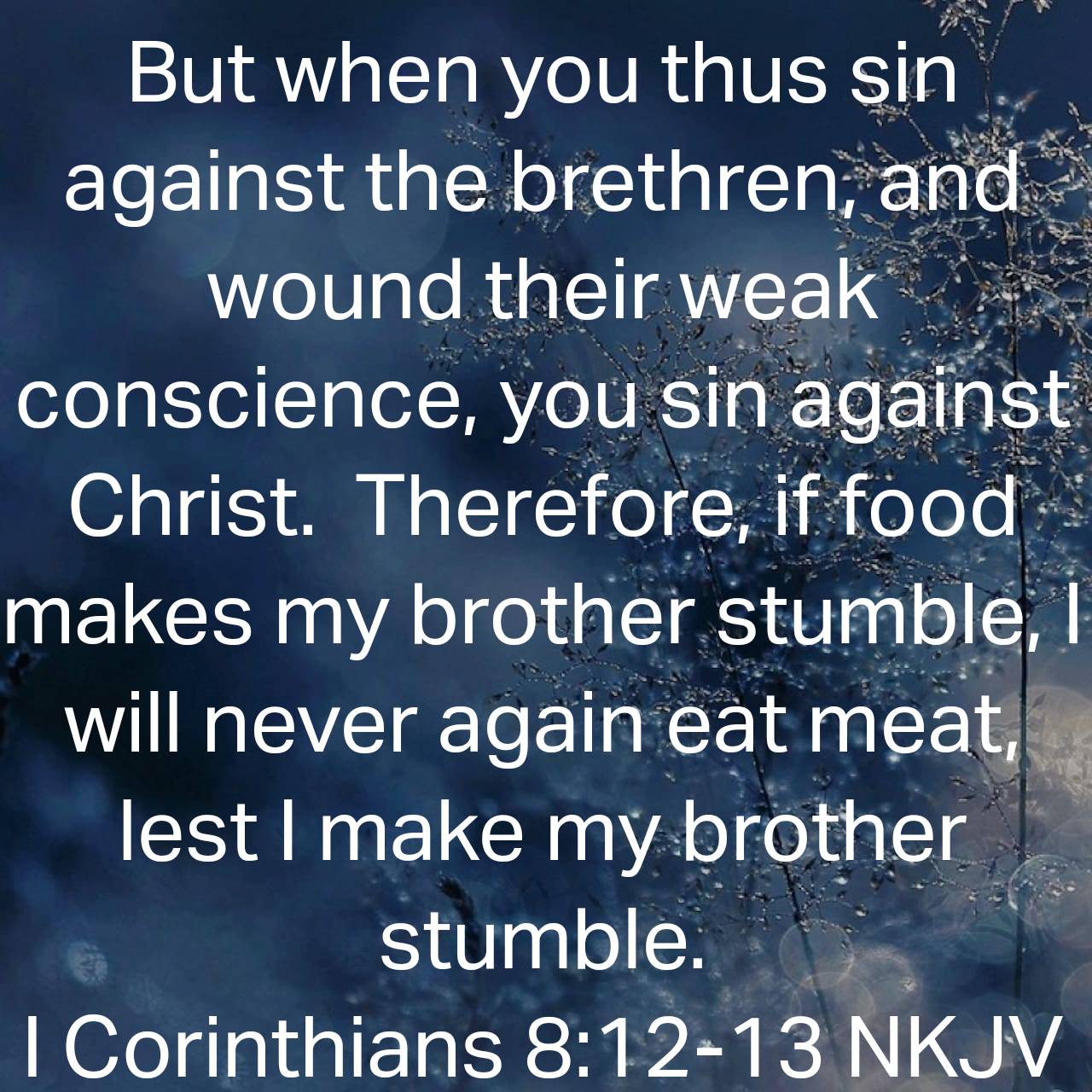
When Cheeseburgers are Offensive

It is no secret that our American food supply is not as healthy as what previous generations used to eat. But many people don’t actually look at the nutritional information on the packaging of what they buy.
And while sometimes this might just be chalked up to the fact that their lives are too busy to have time to process this information, I suspect that most of the time they just don’t want to look at such discouraging information about the high salt content and number of preservatives added in that they can’t even pronounce.
There is a price to pay for making food that has a shelf life of a few hundred years.
But what happens if they actually DO look at the nutritional label? Then they are forced to make a choice about whether they can tolerate something that is not particularly good for them, or if they are bothered by it, whether they will spend more money to buy a healthier option.
It’s a tough choice. But it’s not usually a choice that we consider to be a MORAL CHOICE.
But imagine if our food supply was so polluted that every purchase we made was a moral choice?
This was the dilemma that Christians in the city of Corinth faced when Paul was writing this letter to them.
Much of the meat in the grocery stores had previously been dedicated and sacrificed to an idol in one of the local idol temples. But sourcing of the meat that was on the shelf was not usually disclosed, and so you really never knew for sure. It was possible to find out, but it took some real effort.
Even more challenging, nearly every community event was conducted in one of the idol temples. If you wanted to be involved in the political system, a trade guild, or any civic affair, the event would almost certainly be serving a meal that had been dedicated to an idol.
So Christians were faced with the choice of abandoning their influence in their culture, or partipating where culture was happening — in the idol temples.
Now mature Christians understood that idols aren’t real and that eating food that had passed through one of the temples was not going to affect their relationship with Jesus.
But there were immature Christians who had come out of idolatry and still considered their food choices to be a moral decision. They wanted to avoid the things that celebrated what they had come out of.
Of course these were two conflicting viewpoints. And one side didn’t care that they were offending the other side.
And here was the radical solution that Paul gave them: If your moral choice is offensive to someone else, then change your choice.
Even though you are free in Christ and have the liberty to eat any food you want, you DON’T have the liberty to cause a moral dilemma in a Christian who is not at the same maturity level you are.
How does this apply to the modern church? While we aren’t dealing with the issue of idol temples and a moral choice in our food supply, we are at epidemic levels of Christians being offended with other Christians.
The number of people who identify as de-churched is so far off the charts that I can barely get my mind around the number. They are de-churched because they have become offended by the behavior of someone else.
But if this principle of curbing our behavior for the sake of those who are less free was being taught in churches, there would be far fewer offended people who were staying home on Sunday mornings.
We are called to love people. And that means that sometimes we will not be able to do whatever we want to do if we know that it is going to upset somebody else.
This is true maturity. And it’s Good News motivated by love that works to bring everyone to the same maturity level without killing them before they get there.
Free Christians sacrifice some of their freedom in order to nurture those who are less free. It’s a radical teaching that every Christian should be taught. But it usually isn’t.
And so we end up with a whole lot of offended people.
